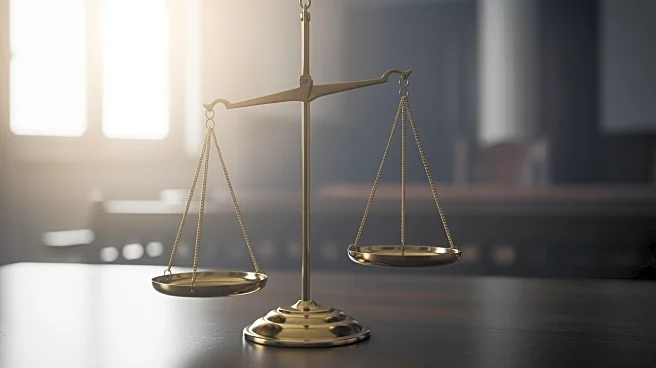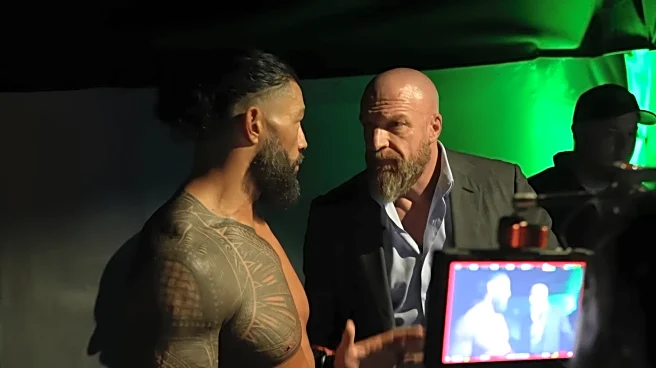What's Happening?
James Comey, former FBI Director, is seeking to have his indictment dismissed, arguing it stems from President Trump's personal animus. Comey's legal team claims the charges are a result of an unlawful and vindictive prosecution, with the appointment
of interim U.S. Attorney Lindsey Halligan being a key point of contention. The indictment, related to Comey's 2020 Senate testimony, is challenged on grounds of constitutional violations and improper prosecutorial conduct. A hearing is set for November 19 to address these motions.
Why It's Important?
This case underscores the contentious relationship between Comey and President Trump, raising questions about the influence of personal vendettas in legal proceedings. The challenge to Halligan's appointment could impact the legitimacy of other Trump-era prosecutorial appointments, potentially affecting numerous cases. The outcome may influence public trust in the justice system and the perceived impartiality of legal actions against political figures. It also highlights the broader implications of executive power in appointing legal officials without Senate oversight.
What's Next?
The upcoming hearing will determine whether Comey's case proceeds or is dismissed. A dismissal could lead to further legal challenges against similar appointments and prosecutions. The Justice Department's response and potential appeals could shape future legal and political strategies regarding the appointment of interim U.S. attorneys. The case may also prompt legislative or judicial reviews of the appointment process to ensure compliance with federal law.















